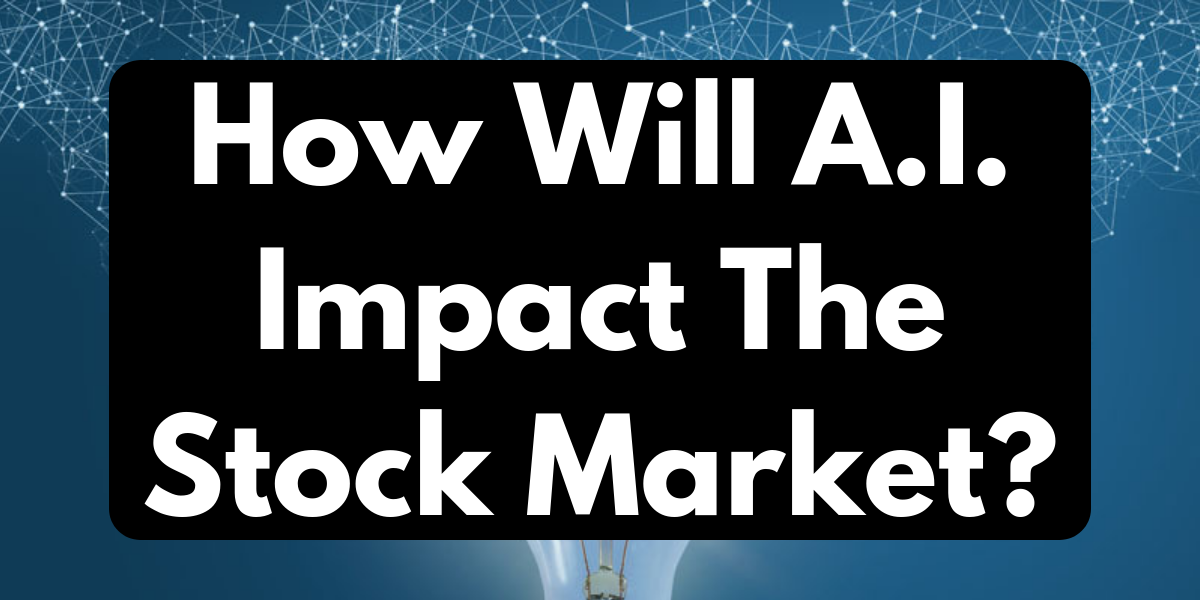At the current moment in time, true Artificial Intelligence (A/I) is nothing more than science fiction. We hope it will be a large part of our lives in the future, but only time will tell.
The history of A/I goes all the way back to the 50s. A group of scientists at Dartmouth college began the initial steps of creating the terminology of A/I. However, back then, they predicted we would have fully functional A/I in the next twenty years. Around sixty years later, we still don’t have any fully functional A/I systems in place.
The problem with predicting the impact of A/I and when it will be implemented, is we don’t truly know the depth. We could be half way down the rabbit hole of A/I already, or we could have barely even entered it. The impact of Artificial Intelligence is unfathomable, and we can only continue to research its potential and see where it leads us.
It is pretty unanimously agreed and believed that Artificial Intelligence is likely to change our lives completely. In fact, it is widely regarded to be the cause of the next industrial revolution.
However, there is a lot of hype and excitement surrounding A/I. It is important to step back and look at it from an objective point of view. The Financial Services industry are incredibly invested in the progression of Artificial Intelligence. There is already discussion of how AI is impacting the Financial Services industry today!
Let’s take that step back, and analyse the impact of A/I’s overall potential impact on our investments and the stock market.
How Artificial Intelligence Currently Impacts The Stock Market
Automated algorithmic trading isn’t anything particularly new. It has been used for well over ten years by everyone from individual investors to large hedge funds. However, it is hard to compare this side by side with Artificial Intelligence. This is just taking specific ‘rules’ input by a human to decide what to buy/sell and when to get rid of it, essentially. It is a highly complex and in-depth coding to automate human trading and act quicker than a human can act.
If, however, algorithmic trading were able to adapt to be able to learn from its experiences, then we would be leaning more towards Artificial Intelligence. Imagine a world where a computer could realise where it went wrong on specific trades, and how the market is changing and adapt to those changes. This is a strange future possibility. However, with such control over every aspect of the market, and almost instantaneous reactions, does this mean that the stock market will become “too perfect”.
What do I mean by “too perfect”. Well, the market we currently live in involves a lot of volatility on a daily basis. Share prices move up, they move down, they react to news reports etc. In theory, the stock market moves with the idea that everyone has access to the same information and knowledge, and therefore all share prices are representative of their value. Nothing is over-priced, nothing is under-priced.
However, in reality, this isn’t the case. Some are more knowledgeable about the analysis of financials than others, some are plain lucky, and some have the workforce of 100+ PhD Mathematicians aiding their investment decisions.
The problem occurs when everyone is using Artificial Intelligence for their investment decisions. Will this make the market stagnate? If everyone is reacting to information at the exact same time, and everyone possesses the exact same technical knowledge. How do people take advantage of price movements in the marketplace?
However, this is all assuming that we can rely entirely on A/I to do all the work when it comes to investing. This may not be the case in reality, and we can only make assumptions on the significance of its impact on our lives. It may be that we only use A/I as an analysis tool for concluding whether or not to invest, and as humans, we still make the final decisions and stock picks.
Plenty of our questions surrounding A/I will be resolved and answered in the future. However, for now, we can only really speculate.
Artificial Intelligence Impact on Wealth Management/Investment Management
In the short term we will see far more automation and “bots” enter the Wealth Management space. Automation of mundane tasks which might take humans hours, could take bots minutes or seconds. I have already experienced this change in dynamic in the Accountancy world. The implementation of Bots in order to perform tasks with large amounts of data are becoming more prevalent each year.
It is likely that in time we will see a lot of automatic gathering of data and analytics of wealth managers, which will feed into concise reports which will allow a final human eye to analyse. Are we are that close to a point where things will be fully automated? Probably not…
Overall, the transition to more of an automated approach to wealth management will likely see managers focus far more on the client interaction/management side of the job, while the bots handle the analysis and admin side of the business.
Societe Generale have gone into more details on the impact of AI/Bots on Wealth Managers, here.
We’d love to hear your viewpoint on Artificial Intelligence and its impact upon the investment world. I will be writing about this more and more as I delve into further information. Make sure you subscribe to the blog, and leave a comment below!





